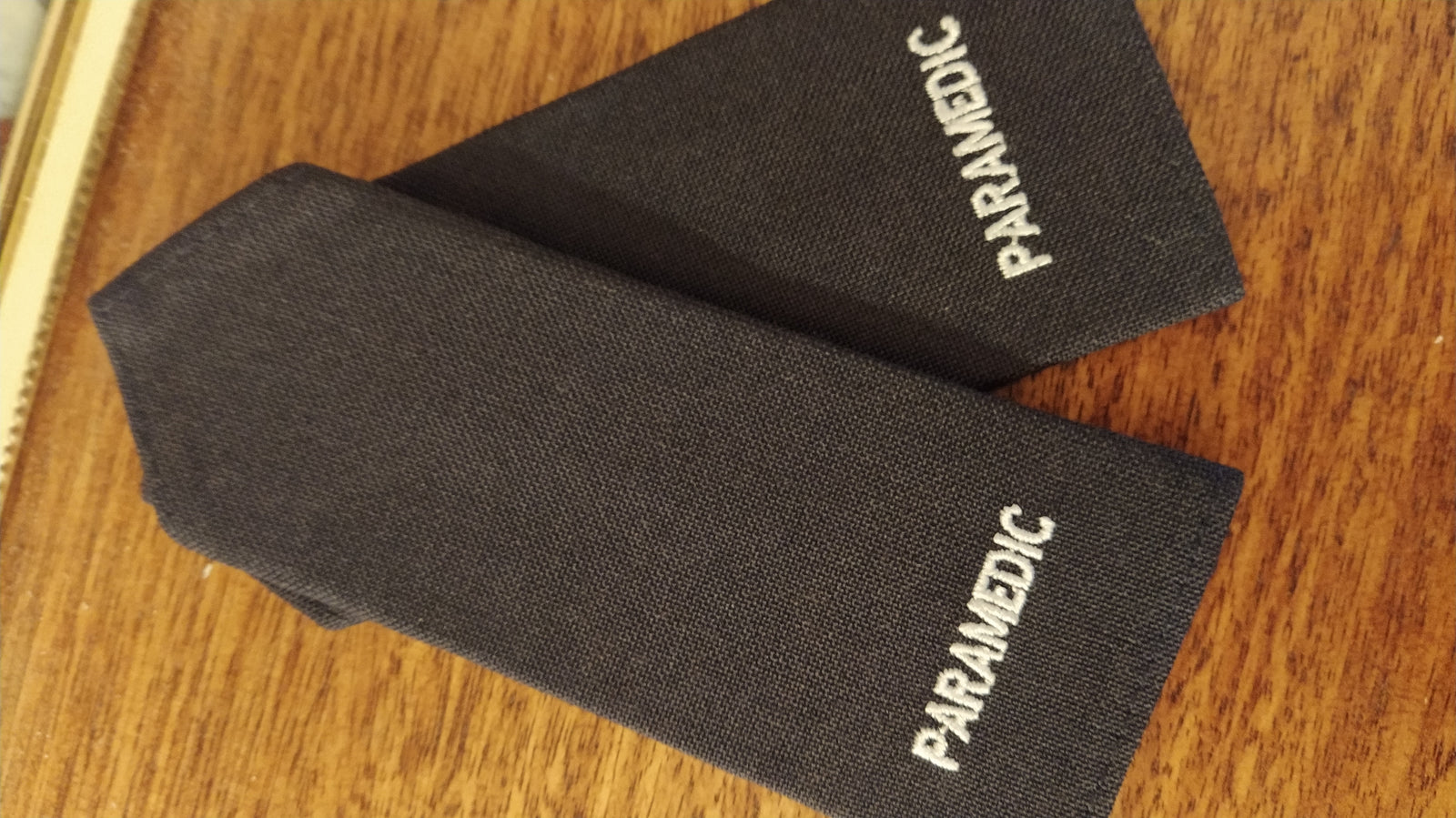I remember my first placement. It was great, I was able to share in all the excitement of attending pre-hospital medical emergencies with little of the stress and responsibility of an actual paramedic. I was a ‘third wheel’ so to speak, a ‘fly on the wall’ hitching a ride with a paramedic crew.
So, when we attended cases I would feel excited, and naturally so, I was able to observe and help here and there while trying to absorb as much as I could of the approach my preceptors would take. Later, after I had gained more skills and understanding through my degree, I was able to act a bit like a ‘proxy paramedic’, running some cases under the direct supervision of my preceptors. This was great, I was able to manage most cases competently, made appropriate clinical decisions and felt confident in leading care in everything from a broken toe to an acute exacerbation of cholelithiasis. I felt close to being ready to work as a paramedic! I was all over everything - well, not everything -but I was confident in my systematic approach to patients, with my assessment tools, and I always had my preceptor to fall back on! I was kind of like a kid riding without training wheels for the first time while being held up by their parent – I felt independent. Until I worked my first shift as a paramedic.
See, as a student I had less responsibility; the patient knew I was a student and my preceptor knew I was also, there wasn’t a big expectation from either the patient or my preceptor. But once I was wearing the uniform of the Ambulance Service, well, everything changed. I was responsible for giving a thorough assessment and exploring all relevant (and even seemingly irrelevant) pathways of investigation. I was then responsible for making evidence-based decisions according to my ambulance service’s clinical practice guidelines. On top of this, my mind was feeling well exercised from learning all the logistical and administrative procedures involved with the management and completion of each case.
So, with these things bouncing around my head, I set off into my first week as a graduate paramedic. In my first week on road I attended a whole string of not so straight-forward, somewhat-complex cases, which required a lot of case-specific background knowledge. Suddenly, the confidence with which I’d approached cases as a student eroded. I found myself struggling to even perform my systematic approach, assessments and other procedures smoothly as my mind was full of so much new information. Although these left me feeling a lot out of my depth and a little defeated, I decided that I should appreciate the experience. It was a humbling first week, and in the long term having a humbling first week is a lot more important than having a first week of straightforward, quick-fix cases which may leave me with a false sense of confidence. Confidence seems like a dangerous thing to have too much of in this job. Conversely humility keeps me open to instruction, advice, and change where it’s needed (I’ve come to learn it’s needed a lot as a graduate!).
The experiences of my first week as a graduate paramedic have spurred me to begin researching unusual conditions in an attempt to future proof myself against tripping over these in the future. For instance, one case I attended was dizziness and nausea in some one who had a history of brain cancer. After discussing differentials for this presentation with my preceptor en route, once I arrived I was able to establish that the patient was experiencing vertigo. My preceptor asked what kind of brain cancer it was, to which the patient stated “meningioma.” I knew nothing about brain cancer. My preceptor later explained how these cancers are usually benign and can be associated with vertigo.
As I ran that case, I realised I was having problems sticking to my systematic approach and recalling all the differential assessments I should be doing (such as a head to toe medical) because I had an incomplete understanding while trying to process the case.
Of course, I know that I’ll always have an incomplete understanding, in general, but this shouldn’t affect my sticking to the script of assessments. Having a structured and comprehensive systematic approach can really help cover up insufficiency of knowledge.
Therefore to ensure that I ‘stick to script’ so to speak, I have recorded the systematic approach that I take for all patients in a little booklet, that I go over en route to a case. That way, when I arrive, I have fresh in my head exactly what I need to do. Further, I have recorded case-specific assessments in the same booklet to prompt me according to what I am paged to.
Another important action I’ve taken discussing my management of cases with my preceptor afterwards. These debrief sessions really help me to identify weak spots in my practice. Recording these areas of improvement has given me data with which to measure the progress of my future practice.
These two actions: having a structured systematic approach which you can always fall back on, and discussing areas of improvement with my preceptor, I believe will be two effectual means of improving my practice as a graduate paramedic.
Article courtesy of @studentparamedics on Instagram

